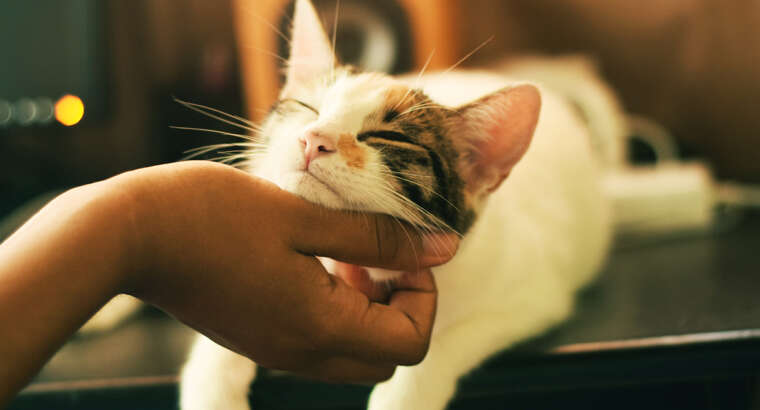In order to ensure optimal immunity we recommend an annual exam & vaccination for your pets. To effectively prevent potentially serious canine diseases like distemper, parvo, rabies, and hepatitis etc. Not only can regular vaccinations protect your pet’s health, they can also keep the human members of your family healthy as well.
When you bring that soft, sweet-smelling little ball of puppy fuzz into your home, you know right away that she depends on you for, well, everything. It’s up to you to give her all the care she needs every day. It can be a little intimidating — she needs the best puppy food, plenty of attention, gentle training, safe toys, puppy socialization, a comfortable home, and proper veterinary care. And that includes puppy shots throughout her first year.
Vaccines are very important to managing the health of your pet. That said, not every pet needs to be vaccinated against every disease. It is very important to discuss with your veterinarian a vaccination protocol that’s right for your pet. Factors that should be examined include age, medical history, environment, travel habits and lifestyle. Most vets highly recommend administering core vaccines to healthy pets.
Core Vaccines
Core vaccines are considered vital to all pets based on risk of exposure, severity of disease or transmissibility to humans.
- For Dogs: Vaccines for canine parvovirus, distemper, canine hepatitis and rabies are considered core vaccines. Non-core vaccines are given depending on the dog’s exposure risk. These include vaccines against Bordetella bronchiseptica, Borrelia burgdorferi and Leptospira bacteria.
- For Cats: Vaccines for panleukopenia (feline distemper), feline calicivirus, feline herpesvirus type I (rhinotracheitis) and rabies are considered core vaccines. Non-core vaccines are given depending on the cat’s lifestyle; these include vaccines for feline leukemia virus, Chlamydophila felis.
Determining the Timing and Frequency of Vaccinations
Your veterinarian can best determine a vaccination schedule for your pet. This will depend on the type of vaccine, your pet’s age, medical history, environment and lifestyle.
- For puppies: If his mother has a healthy immune system, a puppy will most likely receive antibodies in mother’s milk while nursing. Puppies should receive a series of vaccinations starting at six to eight weeks of age. A veterinarian should administer a minimum of three vaccinations at three- to four-week intervals. The final dose should be administered at 16 weeks of age.
- For adult dogs: Some adult dogs might receive certain vaccines annually, while other vaccines might be given every three years or longer.
- For kittens: Kittens automatically receive antibodies in the milk their mother produces if their mother has a healthy immune system. When the kitten is around six to eight weeks of age, your veterinarian can begin to administer a series of vaccines at three- or four-week intervals until the kitten reaches 16 weeks of age.
- For adult cats: Adult cats might be revaccinated annually or every three years.
At Albion Animal Hospital, we determine pet wellness through veterinary examinations and laboratory tests. For more information, call us at (604) 487-2300 today.

